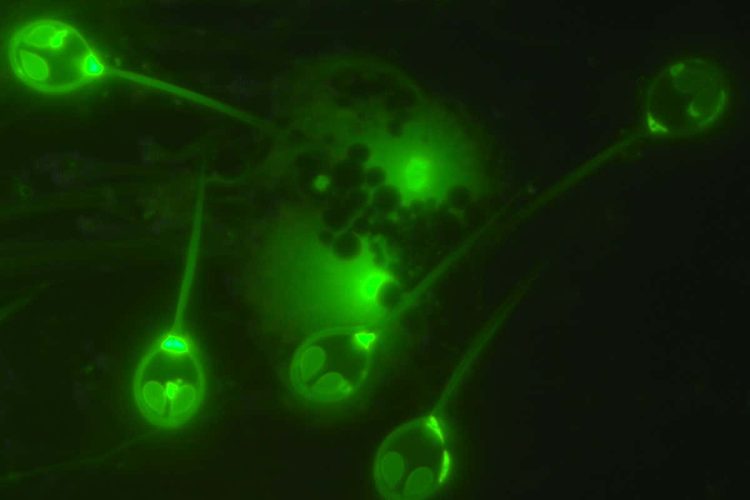This Weird Parasite Is The Only Known Animal That Can Survive Without Oxygen

Henneguya salminicola, a tadpole-like parasite that infects salmon, has a rather unique superpower – it can survive without oxygen. When examining Henneguya salminicola, researchers noticed something really strange: the microscopic parasite appeared to have no mitochondrial genome. The mitochondria, commonly known as “the powerhouses of the cell”, are organelles that rely on oxygen in order to […]
